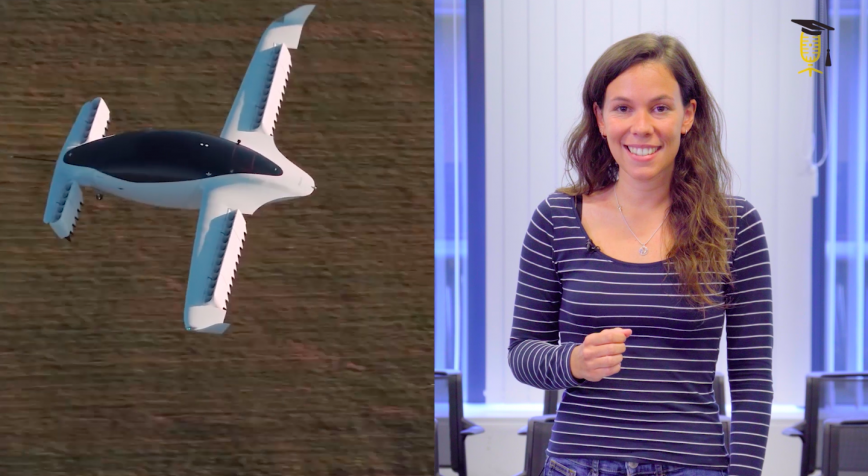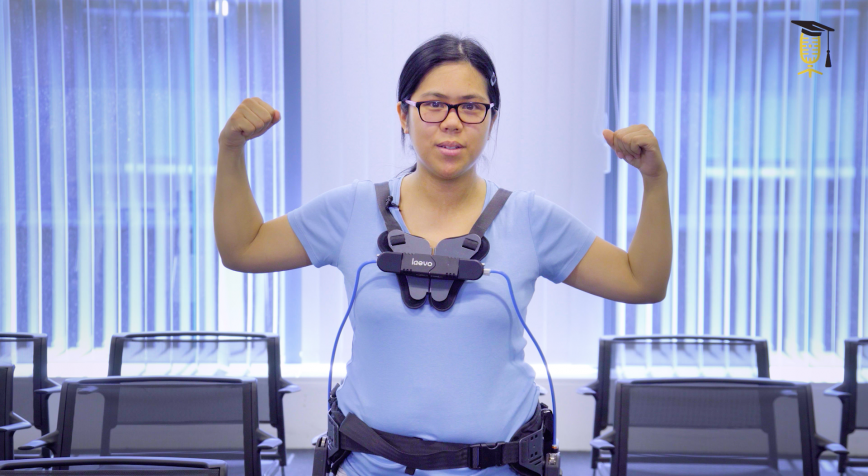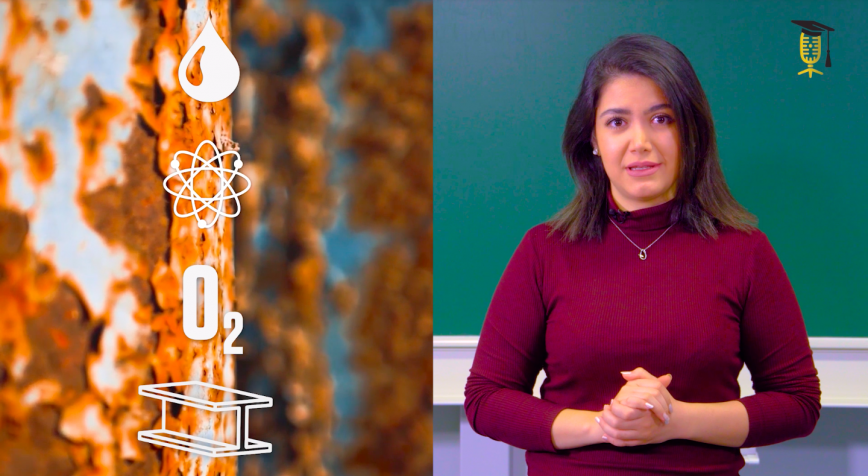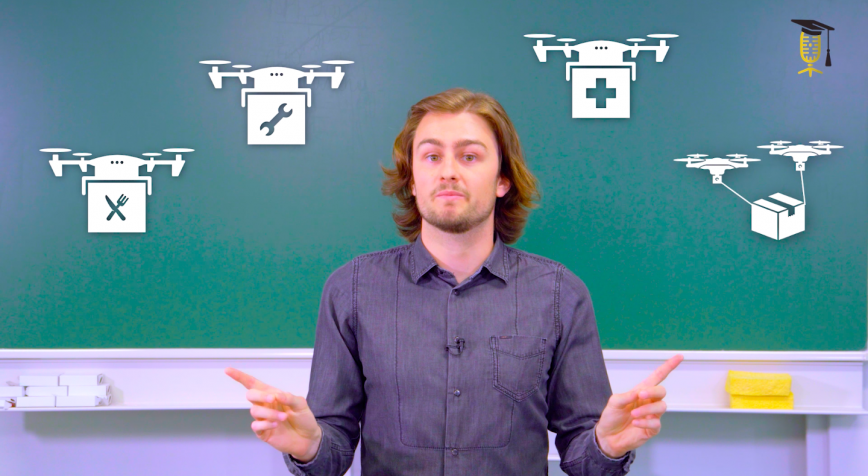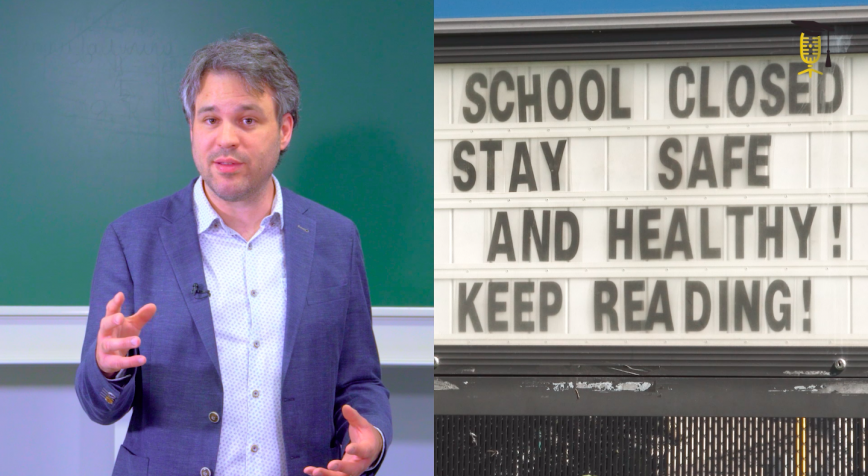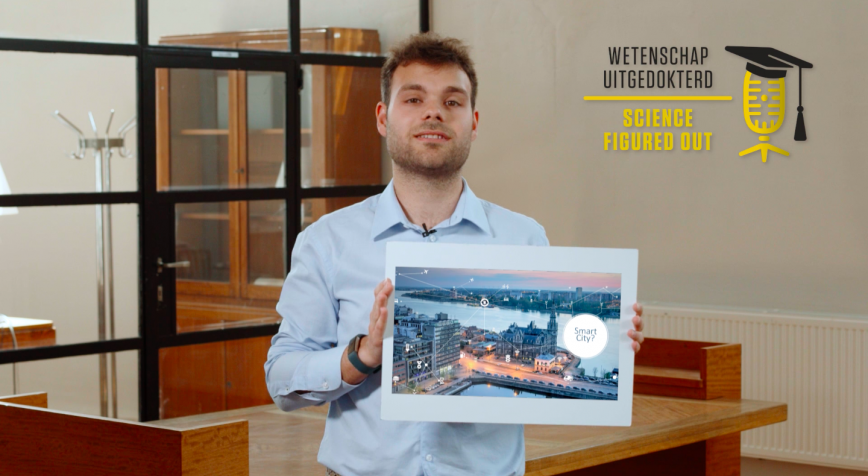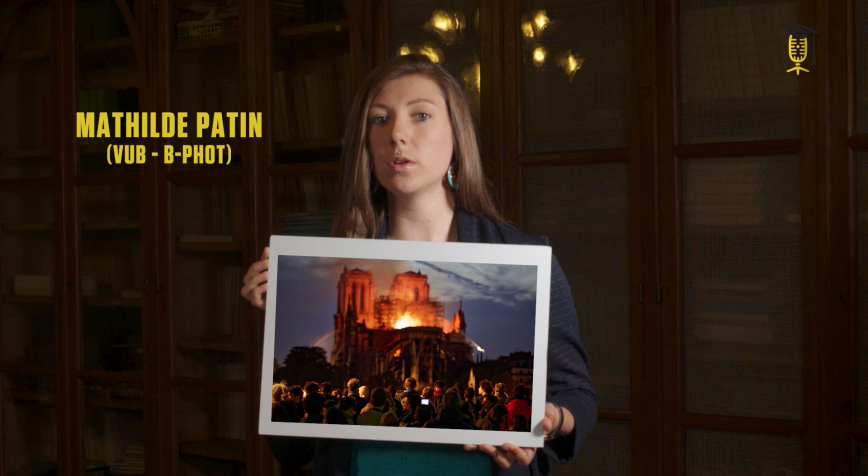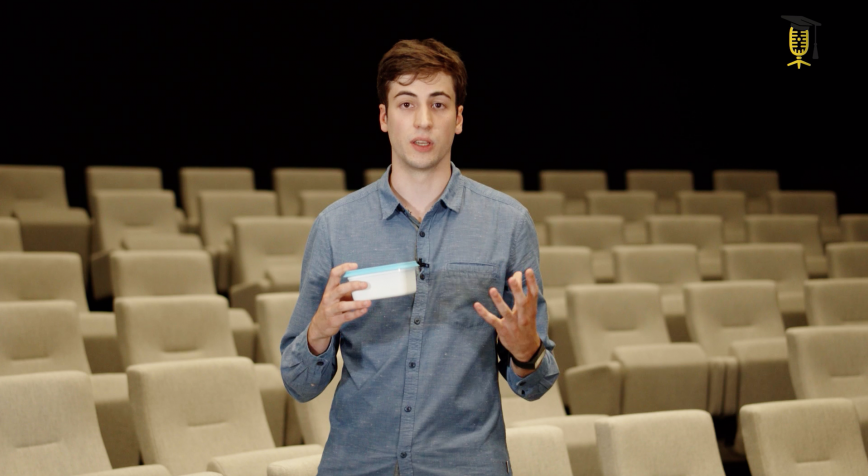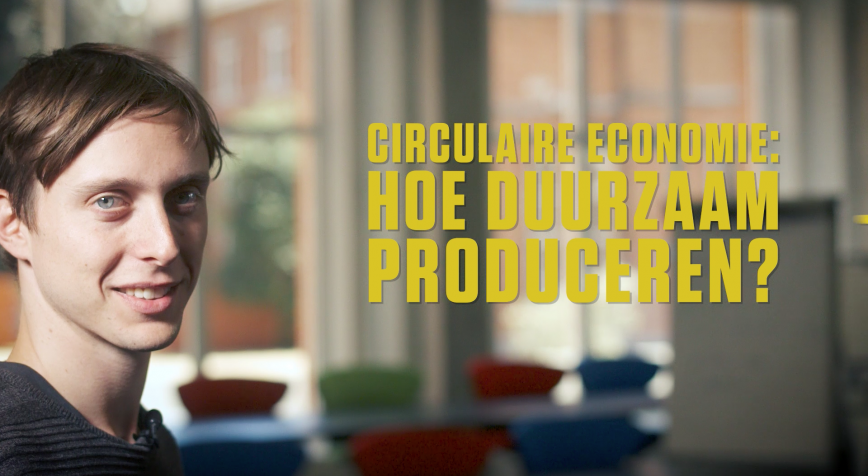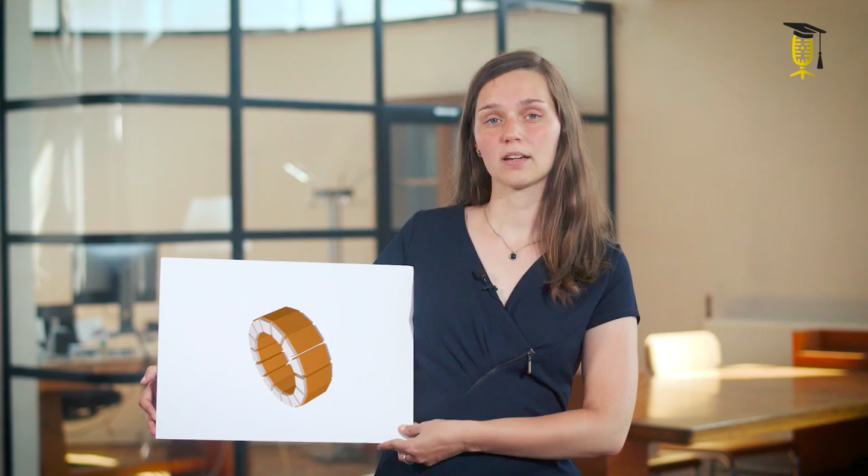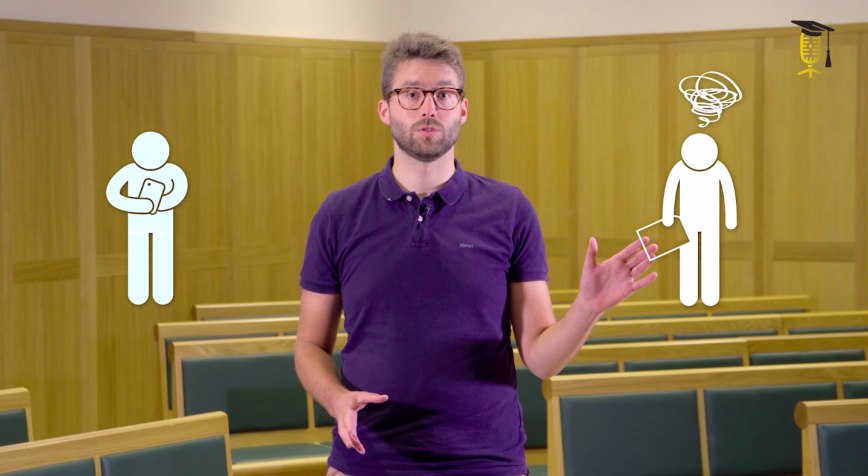
UGent
Exams and a smartphone: a toxic combo?
Heavy smartphone use results in poorer study performance, according to research by Simon Amez (Ghent University). To investigate this, Simon followed students for three years. Students with above-average smartphone use even score up to 1 point out of 20 less on their exams than their fellow students. 👨🏼🎓 📱
